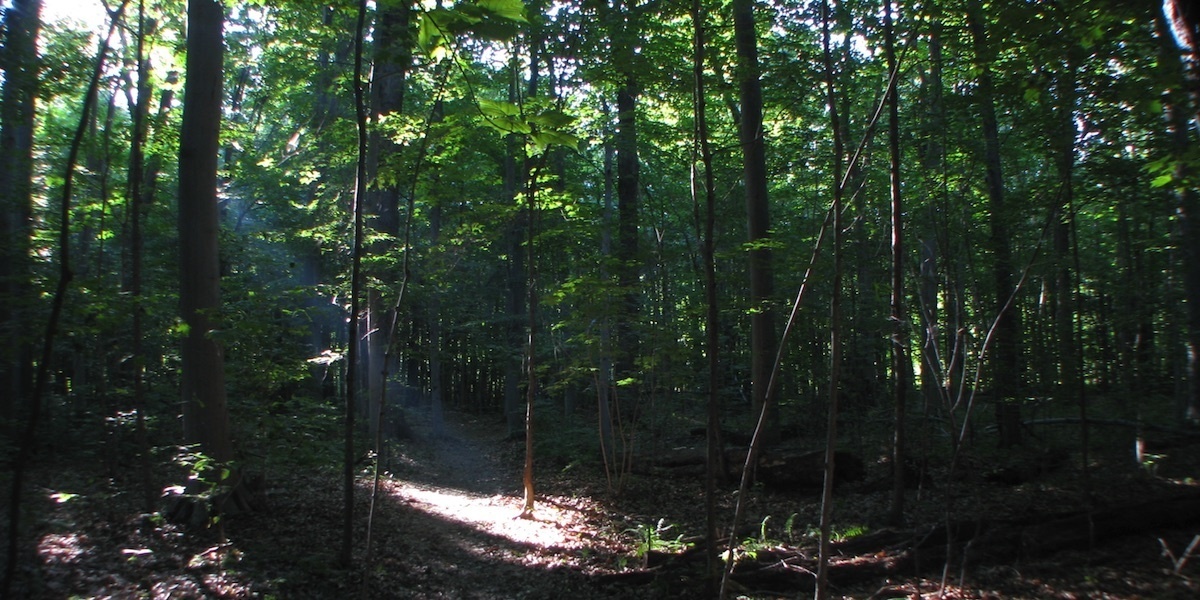

Gilles Douaire / Flickr / CC BY-SA 2.0
In a recent video filmed in Sacre-Coeur, Quebec, Mother Nature appears to be gasping for air. Even the surrounding trees are struggling to stand under the literal force of nature.
Is Earth breathing a collective sigh? To be fair, she’s had a pretty rough 2018 after a string of record-breaking
hurricanes, destructive wildfires and a dire warning from scientists about catastrophic climate change.
The ground looks like it's breathing in this Quebec forest. pic.twitter.com/AeETAYJOdN
— Daniel Holland???????? (@DannyDutch) October 20, 2018
Actually it’s not that dramatic at all, and it
happens all the time, like in this 2015 video that was shot in Nova Scotia.
breathing earth
www.youtube.com
The spectacle can be easily explained by inclement weather.
“During a rain- and wind-storm event, the ground becomes saturated, ‘loosening’ the soil’s cohesion with the roots as the wind is blowing on a tree’s crown,” Mark Vanderwouw, an arborist at Shady Lane Expert Tree Care in Ontario, told
The Weather Network.
“The wind is trying to ‘push’ the trees over, and as the force is transferred to the roots, the ground begins to ‘heave.’ If the winds were strong enough and lasted long enough more roots would start to break and eventually some of the trees would topple,” he added.
Simply, the strong winds are moving the trees and causing the root system to lift the forest floor, making it look like the earth is breathing.
Don’t be too disappointed that the earth isn’t actually huffing and puffing. You might remember from biology class that trees and plants do actually respire when they take in carbon dioxide and release oxygen through photosynthesis.
Also, the bacteria and other organisms that live in soils respire, too. Interestingly, a study published in August in the journal Nature determined that as temperatures rise, Earth’s soil is also “breathing” more heavily.
“Soils around the globe are responding to a warming climate, which in turn can convert more carbon into carbon dioxide which enters the atmosphere. Depending on how other components of the carbon cycle might respond due to climate warming, these soil changes can potentially contribute to even higher temperatures due to a feedback loop,” said lead author Ben Bond-Lamberty of the Joint Global Change Research Institute, in a press release of the study.
Soil Management: Key to Fighting Climate Change? https://t.co/Fnlxf1vY1M @SoilAssociation @eatsustainable
— EcoWatch (@EcoWatch) November 20, 2017

 233k
233k  41k
41k  Subscribe
Subscribe 